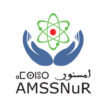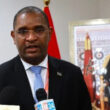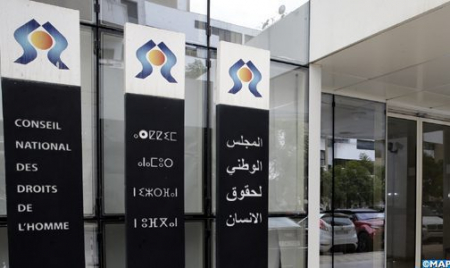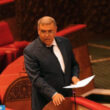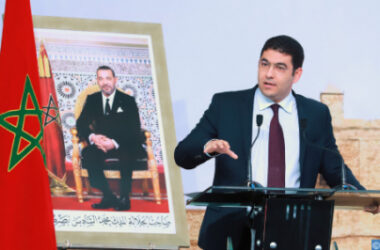This study on access to justice for foreigners in Morocco, the results of which were presented Tuesday in Rabat at a workshop organized by the CNDH, recommends the adoption of a law on immigration and asylum, as well as the inclusion, in the legal framework regulating the status of refugees and immigrants in Morocco in a clear and detailed manner, the procedures by which they can assert their rights, including the right to obtain specialized legal advice, notably legal assistance.
With regard to legal aid and judicial assistance, the study calls for the updating of the text organizing legal aid dating from 1966 and adapting it to current legal and judicial systems and to emerging concepts of the rule of law, while simplifying the rules and procedures for going to court, making legal and judicial information available and facilitating access to justice.
Similarly, the study recommends strengthening legal and judicial assistance mechanisms and expanding them to include the stages prior to litigation through advice and guidance and encouraging the use of alternative means of dispute resolution.
In relation to notification, the study stressed the importance of providing for special procedures for notification of decisions against foreigners relating to Law 02.03 with the establishment of a unified procedure for the duration of the appeal.
It also recommends increasing the number of sworn translators, adding new specializations and promoting networking with associations working in the field of immigration, and creating a network of translators specialized in English, Spanish and French or some languages in which there is a shortage of specialized translators, including local languages in sub-Saharan African countries and some Eastern European countries, Asian languages and Turkish, as well as the use of technology and the implementation of remote translation.


